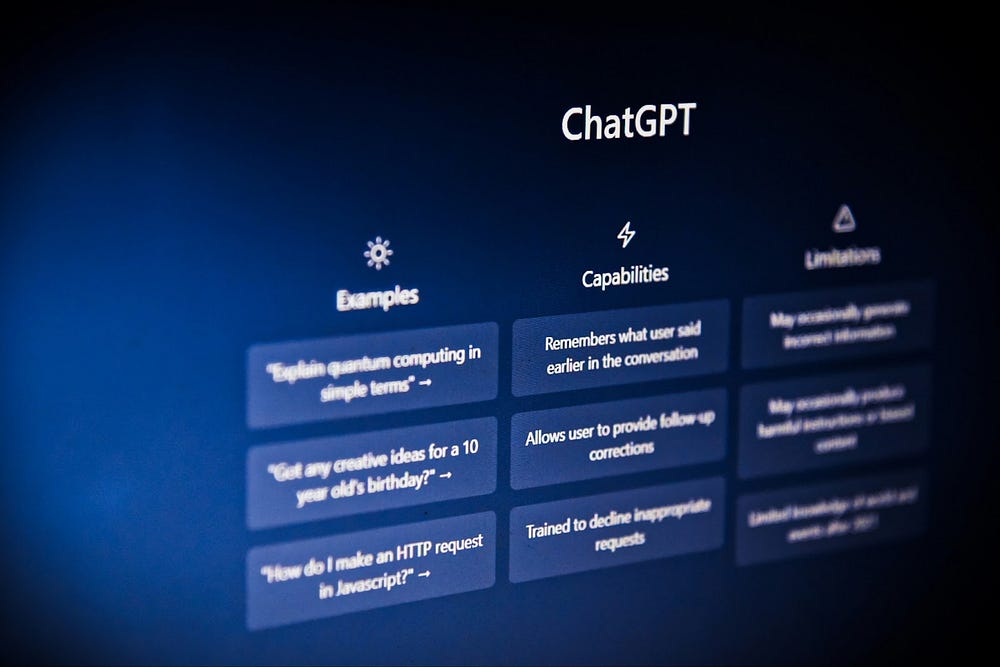
Unlocking the power of knowledge graphs in research catalogues: A deep dive into OpenAlex Author: Dhruv Gupta (ORCID: 0009–0004–7109–5403 ) Clive Humby, in 2006 rightly said, “Data is the new oil”. With data being present everywhere, it has never been more valuable.









